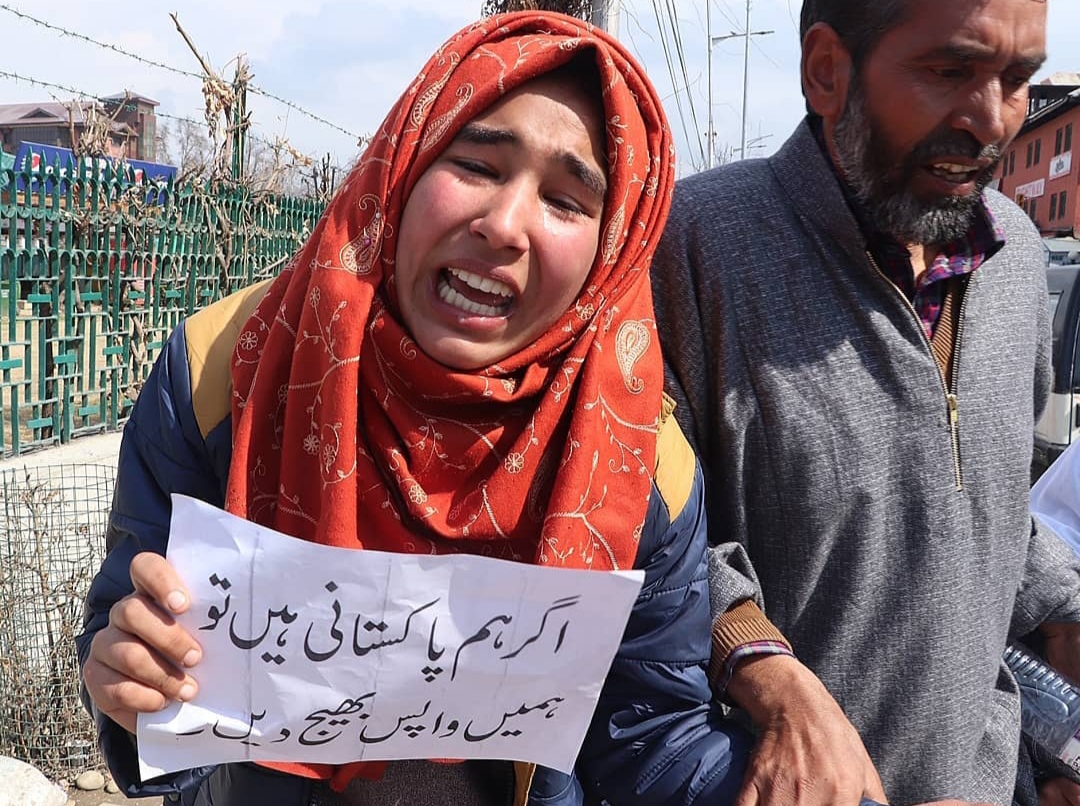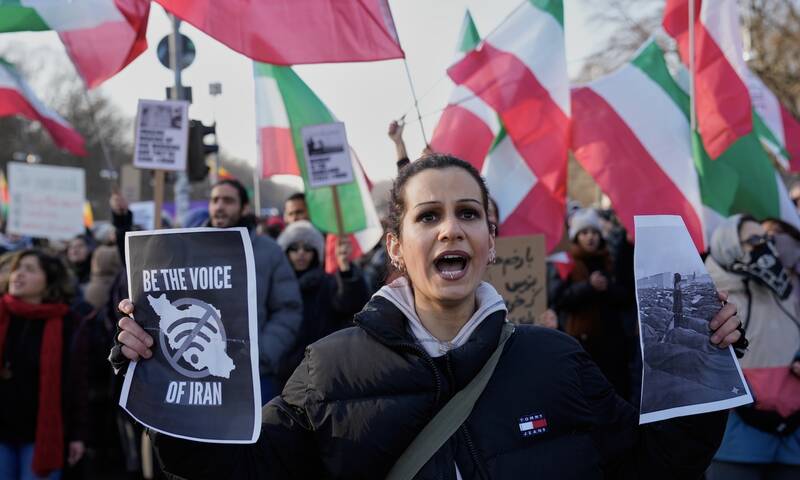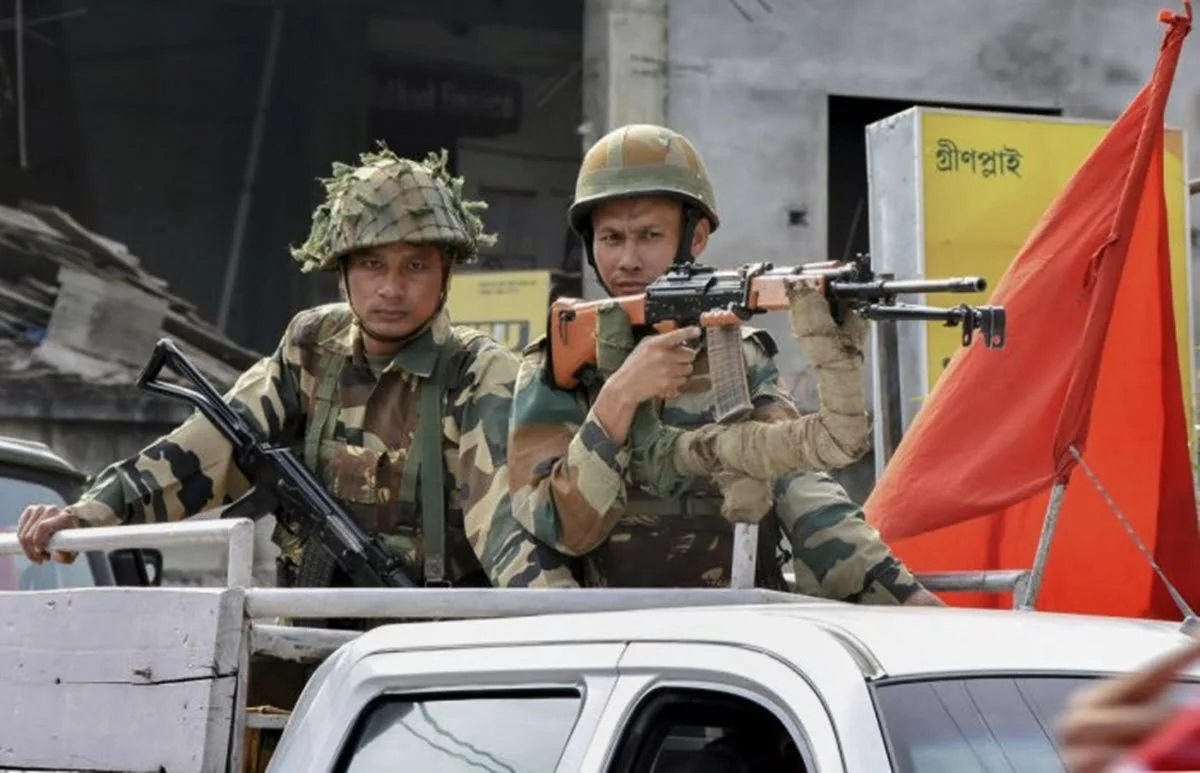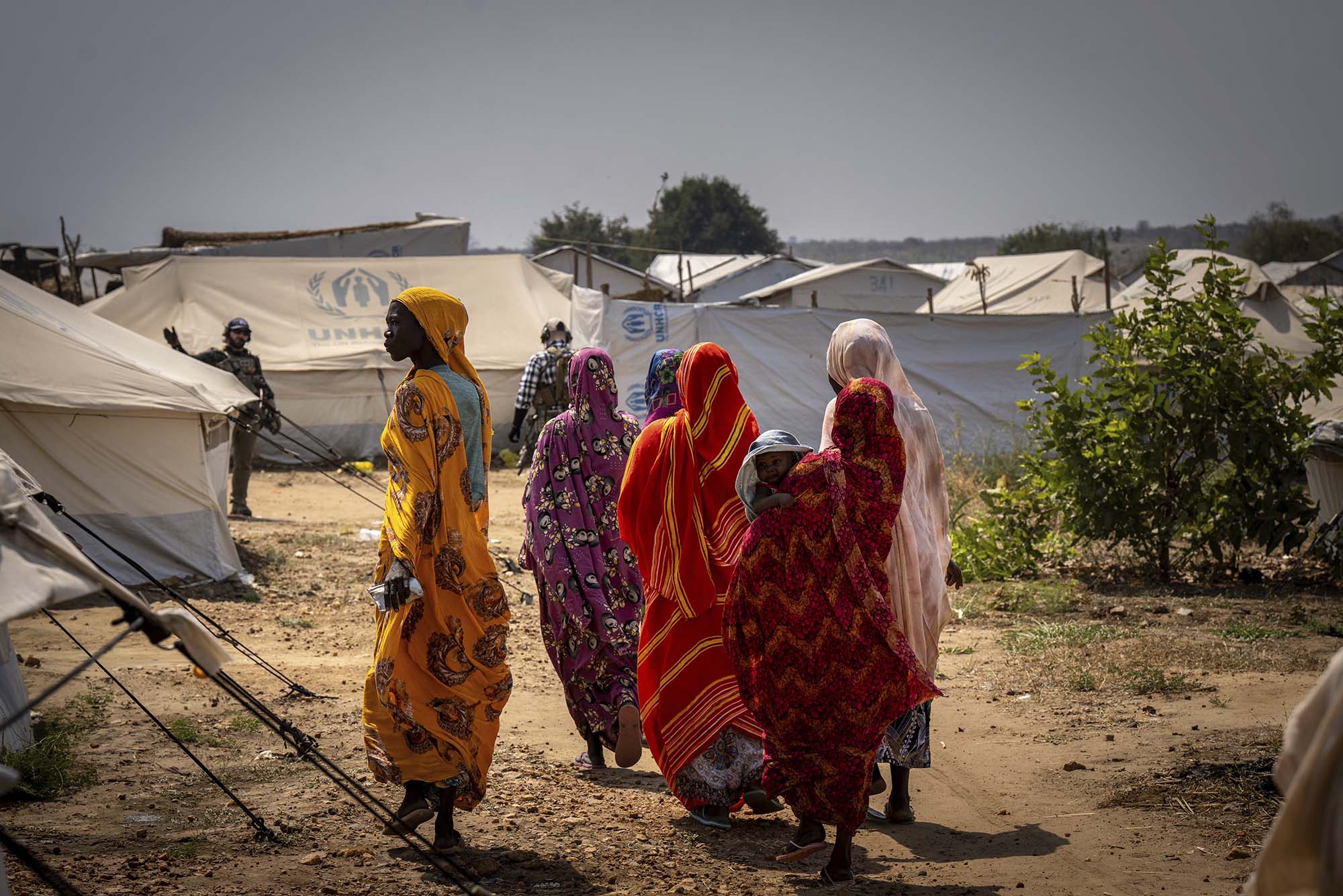In the 1990s, the Kashmir Valley experienced significant upheaval, leading many Kashmiri men to cross into Pakistan for insurgent training. Some of these men married Pakistani women and later returned to Indian-administered Kashmir under a rehabilitation policy introduced in 2010. This policy aimed to reintegrate former militants and their families into society. However, the Pakistani wives accompanying their husbands faced numerous challenges upon arrival.
This policy aimed to reintegrate former militants and their families into society. However, the Pakistani wives accompanying their husbands faced numerous challenges upon arrival.
Pakistani women, once living in the comfort of their home country, find themselves uprooted by marriage to a man from Kashmir, a land caught in the grip of decades-old conflict. They arrive in Indian-administered Kashmir, filled with hope and dreams of a new life, but soon discover that their presence in this volatile region is more complicated than they could have ever imagined.
Hope for a new beginning in Kashmir
Shazia Yousuf, originally from Azad Kashmir, came to Jammu and Kashmir in 2012 with her husband and children. They carried valid passports at the time and dreamed of starting a new life in India. Shazia and her family believed India’s democracy would allow them to live peacefully, secure citizenship, and find better opportunities. They left behind their home, land, and possessions, hoping for a brighter future.
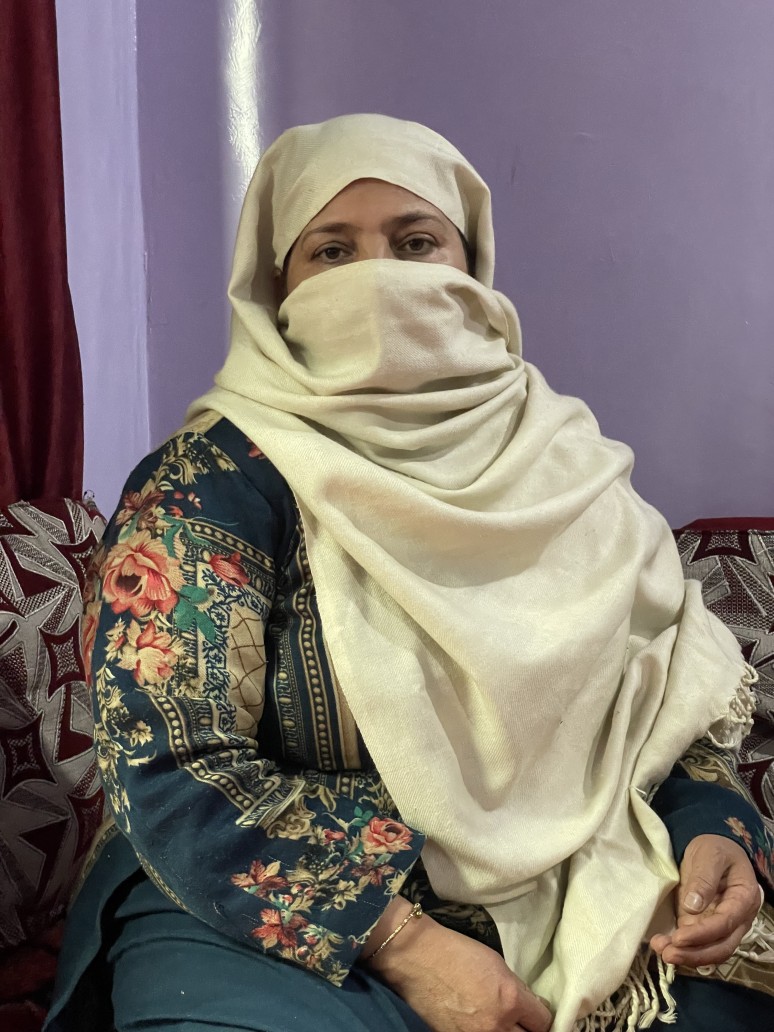
However, things didn’t go as planned. After 2012, the situation in Kashmir worsened, and so did their struggles. Despite reaching out to government officials for help, they received no support or attention. ‘We were told, ‘We can’t do anything,’‘ Shazia recalls.
Struggles of daily survival in Kashmir
Their financial condition became worse over time. They couldn’t afford quality education for their children, and basic survival became a daily battle. Shazia’s husband, a paper-mâché worker, had gone to Azad Kashmir as a teenager under the promise that he would return to his homeland in 15 days. Shazia herself worked for an NGO in Azad Kashmir before moving.
But in Kashmir, life turned into a nightmare. Police and CID officers would summon their children for questioning, detaining them for days—sometimes 10 days, sometimes 7—despite having no links to any militant groups. Shazia and her family constantly pled their innocence, but their voices were ignored.
‘I just want a passport to visit my home,‘ Shazia says, longing to see her relatives in Azad Kashmir. She fears for her children’s future and wants them to have the chance to work abroad and live better lives. Living in a cramped two-room space, she has repeatedly protested and appealed to the government for a solution. But her efforts have been met with silence.
Living in a cramped two-room space, she has repeatedly protested and appealed to the government for a solution. But her efforts have been met with silence.
‘My children tell me, ‘Mamma, you’re screaming at blank walls. No one is listening,’‘ Shazia shares, disheartened by the lack of response. She says hundreds of others in Kashmir are facing similar struggles, trapped between borders, ignored by the media, and forgotten by the system.
Lack of support for mental health struggles
Many women who moved from Pakistan to Kashmir under the 2010 rehabilitation policy are struggling with mental health issues. These women left their homes, families, and familiar lives behind to start over with their husbands in a conflict-ridden region. They arrived filled with hope, expecting to build a peaceful life, but were met with unforeseen challenges, including social rejection, poverty, and legal restrictions.
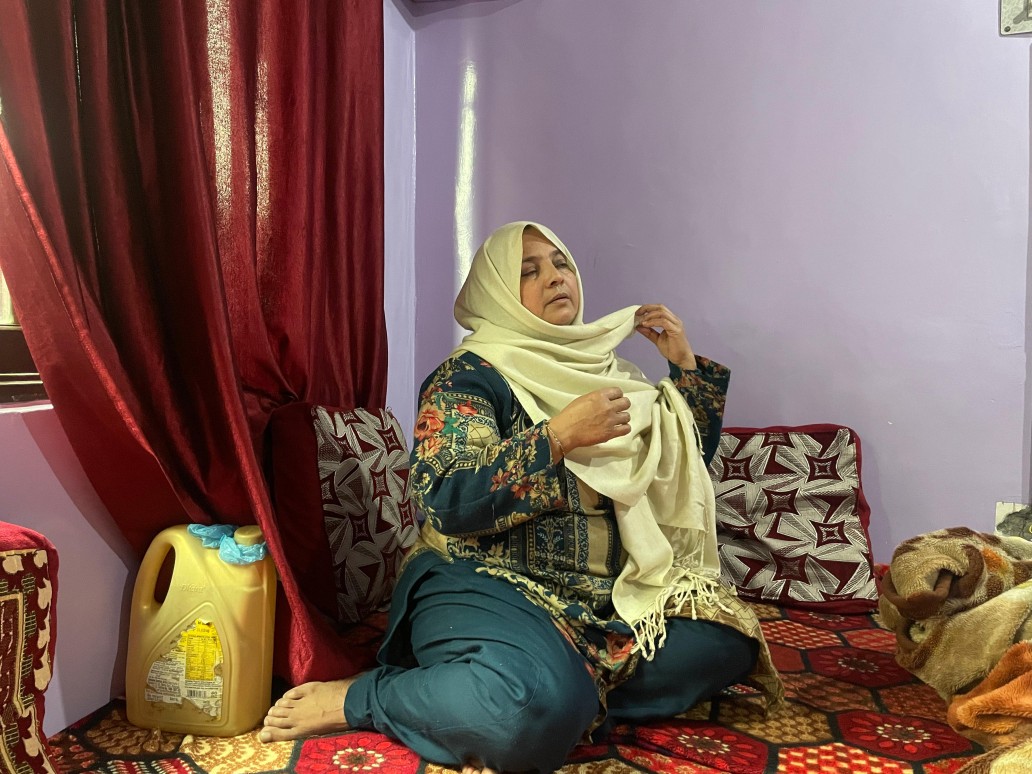
Without proper documents like passports or identity cards, they cannot visit their families back home, which has left many feeling isolated and hopeless. This separation from their loved ones has taken a toll on their mental well-being. The stress of raising children without basic rights, limited access to education, and no clear future adds to their burden. The constant uncertainty of their legal status and harassment by authorities have further worsened their mental state.
Some women have spoken about feeling trapped, as their pleas to the government for recognition and travel documents remain unheard. They have held protests, but their demands have largely been ignored. Many have no financial support and are unable to work due to their undocumented status, increasing their reliance on their husbands. This dependency often deepens feelings of helplessness.
Their children, too, face the brunt of this struggle, growing up in an unstable environment where even basic identification is unavailable.
Their children, too, face the brunt of this struggle, growing up in an unstable environment where even basic identification is unavailable. Seeing their children suffer further worsens the mental strain on these women.
The lack of mental health support in the region adds another layer to their struggles. Without access to counseling or resources, these women are left to battle their trauma and depression alone. Their story highlights not only their physical struggles but also the invisible scars left by displacement, isolation, and neglect.
Protests for travel and identity rights
Over 300 Pakistani women have moved to Indian-administered Kashmir with their husbands under a rehabilitation policy for former militants. These women, like Shabeena Naz and Sumaira Jan, left their homes in Pakistan-administered Kashmir, hoping for a better life. However, upon arrival, they faced numerous challenges, including the inability to visit their families back home due to a lack of travel documents. The Indian authorities have not issued them passports or legal papers, restricting their movement and making them ineligible for jobs and certain state benefits.

Their children also suffer, lacking proper identification, which hampers their future prospects. In response to these hardships, these women have organised multiple protests in Srinagar, the main city of Indian-administered Kashmir. They gather to demand travel documents, hoping to visit their families across the border. Despite their peaceful protests, their pleas have largely been ignored, leaving them in a state of limbo. Their situation highlights the complex human impact of political decisions and the ongoing Kashmir conflict.
Shazia Yousuf and many other women who moved from Pakistan-administered Kashmir to Indian-administered Kashmir are appealing to the government to fulfill their basic rights. Their primary demand is for valid travel documents, such as passports, so they can visit their families back home. Many of these women have not seen their parents or siblings for years, leaving them feeling isolated and forgotten.
They are also asking for recognition as legal residents in Kashmir. Without proper documents, they cannot access jobs, healthcare, or education for their children. This lack of identification has left their families in financial hardship and their children without a clear future.
Without proper documents, they cannot access jobs, healthcare, or education for their children. This lack of identification has left their families in financial hardship and their children without a clear future.
Shazia and other women have held peaceful protests, hoping to get the government’s attention. They demand an end to the constant questioning and harassment by the police and authorities. They insist they have no connection to militancy and only want to live peacefully with their families.
These women also appeal to the media to share their stories, as they feel ignored and unheard. Their ultimate hope is for justice, dignity, and the chance to give their children a better future, free from fear and uncertainty.
